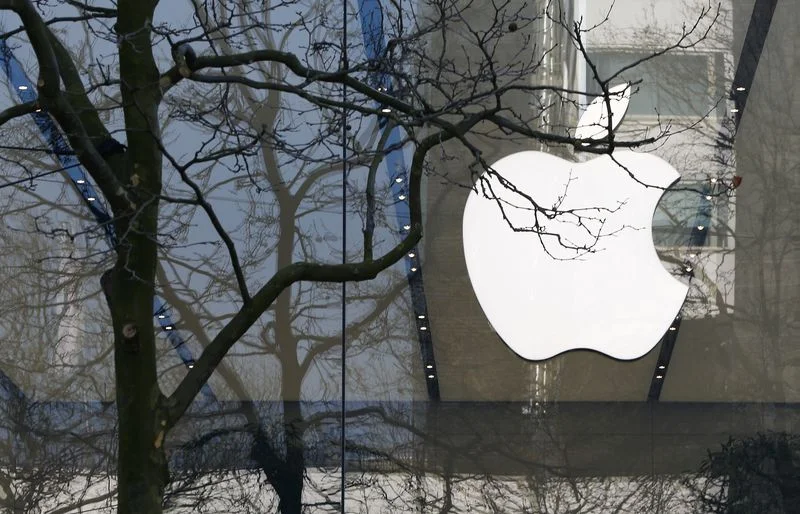
Judge Blasts Apple Over App Store Control: Criminal Contempt Referral and Fortnite’s Potential Return
The battle between Apple and Epic Games has taken a dramatic turn. A judge has delivered a scathing ruling against Apple's App Store policies, accusing the tech giant of defying a previous court order and referring the matter to US attorneys for potential criminal contempt proceedings. This development could reshape the App Store landscape and even pave the way for Fortnite's return to iOS.
Judge Yvonne Gonzalez Rogers ruled that Apple must immediately cease collecting fees on purchases made outside of apps and cannot restrict developers from directing users to external purchase options. This stems from the ongoing legal dispute with Epic Games, who argued that Apple's App Store policies are anticompetitive.
Key elements of the ruling include:
- Apple cannot impose commissions on purchases made outside of apps.
- Apple cannot restrict developers' freedom to link to external purchase options within their apps.
- Apple cannot interfere with users' ability to leave an app to make purchases on third-party sites.
The courtroom drama also involved accusations of perjury. Judge Rogers stated that Apple's Vice President of Finance, Alex Roman, "outright lied" to the court regarding the timing of Apple's decision to levy a 27% fee on certain App Store-related purchases. She further accused Apple of adopting these lies and misrepresentations. This led to the referral for possible criminal contempt proceedings against both Roman and Apple.

The judge highlighted that Apple's internal discussions revealed a deliberate choice of anticompetitive options, contradicting their in-court testimony. She also criticized Apple's withholding of documentation related to a key meeting involving CEO Tim Cook about compliance with the 2021 court order. According to Rogers, former Apple SVP Phil Schiller advocated for not taking a commission on web links, but Cook ultimately disregarded his advice, choosing a path driven by financial considerations.
Epic Games CEO Tim Sweeney hailed the ruling as a significant victory for developers, stating that it forces Apple to compete. Sweeney even offered Apple a "peace proposal": If Apple extends the court's friction-free, Apple-tax-free framework worldwide, Epic will bring Fortnite back to the App Store globally and drop all current and future litigation related to the issue.
This ruling directly impacts Apple's ability to collect commissions, often a 30% cut, on in-app purchases. While Apple was previously ordered to allow developers to point to alternative payment options, they implemented a 27% commission policy on those purchases, drawing further criticism.
The judge made it clear that Apple's actions were a direct defiance of the court's injunction, prioritizing billions in revenue over compliance. She emphasized that this is an injunction, not a negotiation, and there are no "do-overs" for willfully disregarding a court order.
This legal battle underscores the ongoing tensions surrounding Apple's control over the App Store and its impact on developers. Will Apple comply with the court's order and open the App Store to more competition, or will this case escalate further? What impact will the final resolution have on the broader app ecosystem and the choices available to consumers? Let us know your thoughts in the comments below.